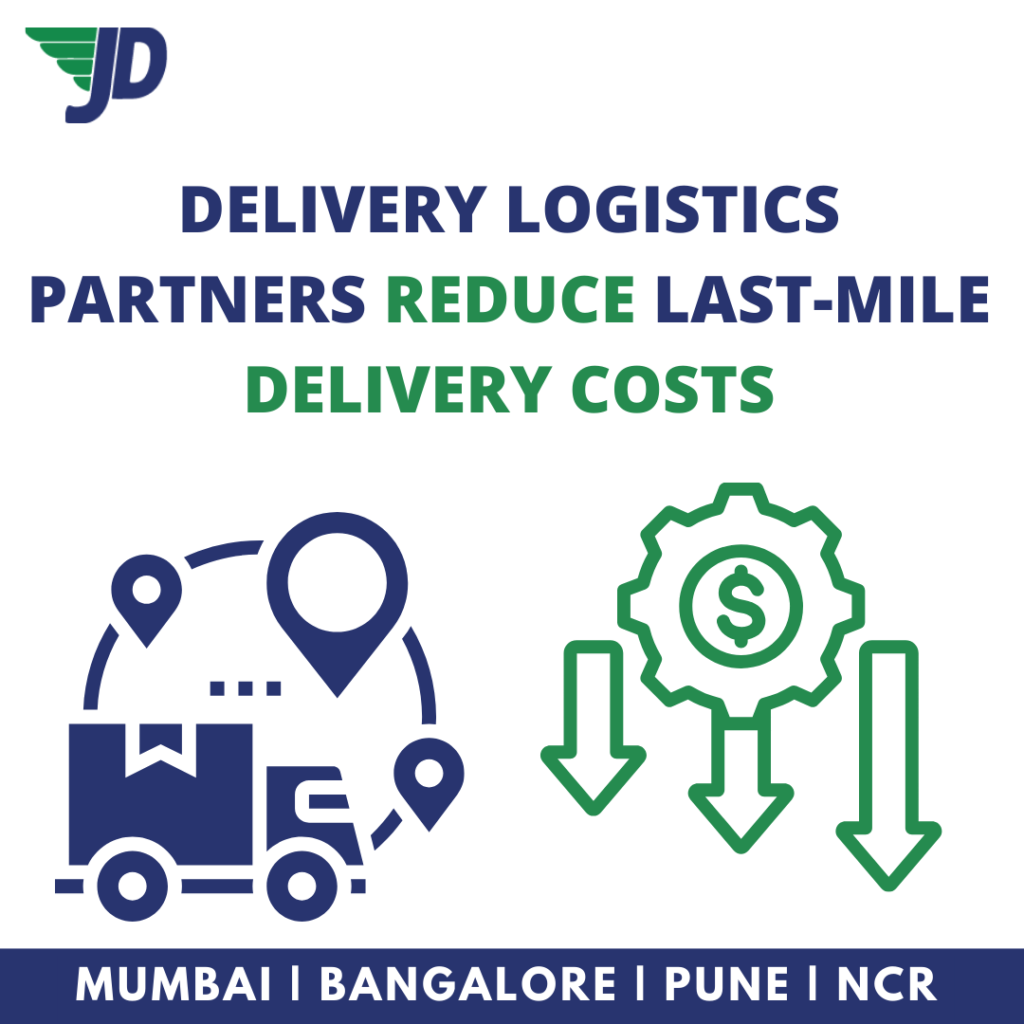Welcome to the Ultimate Guide to Warehousing in the Food & Beverage Industry!
Welcome to the Ultimate Guide to Warehousing in the Food & Beverage Industry! In this comprehensive guide, we will delve into the intricate world of warehousing, focusing specifically on the unique challenges and best practices within the F&B sector. From optimizing inventory management to ensuring food safety compliance, efficient warehousing plays a pivotal role in the success of F&B businesses. We will explore key strategies for streamlining warehouse operations, enhancing supply chain efficiency, and meeting the ever-evolving demands of the industry. Whether you are a seasoned professional looking to refine your warehousing processes or a newcomer seeking to grasp the fundamentals, this guide is designed to equip you with valuable insights and practical tips to thrive in the dynamic landscape of F&B warehousing. Let’s embark on this enlightening journey together to unlock the secrets of successful warehousing in the Food & Beverage Industry!.
Key Features of Warehousing in the F&B Sector
In the fast-paced and demanding industry of Food and Beverage (F&B), efficient warehousing plays a crucial role in ensuring the quality, safety, and timely delivery of products to consumers. Let’s delve into some key features of warehousing in the F&B sector:.
Temperature-controlled storage for perishable F&B products
Maintaining the right temperature is essential for preserving the quality and freshness of perishable F&B products. Warehouses equipped with temperature-controlled storage facilities ensure that items such as dairy, meat, and produce are stored at optimal conditions, extending their shelf life and reducing spoilage. These facilities often utilize specialized cooling and monitoring systems to create ideal environments for different types of products, ranging from frozen goods to fresh produce.
Inventory management and tracking systems
Effective inventory management is vital in the F&B sector to prevent stockouts, minimize wastage, and streamline operations. Warehouses today leverage cutting-edge technology such as RFID (Radio-Frequency Identification) tags, barcoding, and automated inventory systems to accurately track stock levels, monitor product movement, and facilitate efficient order fulfillment. Additionally, some warehouses implement AI-driven forecasting tools that analyze historical data to predict demand trends, enabling proactive inventory management strategies.
Safety and hygiene protocols in F&B warehousing
Maintaining strict safety and hygiene standards is paramount in F&B warehousing to safeguard product quality and consumer health. In addition to adhering to industry regulations, warehouses employ various safety measures such as segregated storage areas for different food categories, regular equipment maintenance to prevent contamination risks, and employee training on proper handling practices. Furthermore, the adoption of blockchain technology is emerging as a tool to enhance transparency and traceability in the food supply chain, ensuring compliance with safety standards and enabling rapid recalls if necessary.
Automation and Robotics in Warehousing
The integration of automation and robotics is revolutionizing warehousing operations in the F&B sector. Automated guided vehicles (AGVs) and robotic arms are streamlining tasks such as picking, packing, and palletizing, increasing efficiency and reducing manual labor costs. Moreover, advanced warehouse management systems (WMS) are being enhanced with AI algorithms to optimize inventory placement, accelerate order processing, and minimize errors, further enhancing operational productivity.
Sustainability Initiatives and Green Warehousing
With a growing focus on sustainability, F&B warehouses are implementing eco-friendly practices to reduce their environmental impact. This includes investing in energy-efficient lighting, utilizing renewable energy sources, and implementing recycling programs for packaging materials. Green warehousing not only aligns with corporate social responsibility goals but also helps in cost savings and enhancing brand reputation by appealing to environmentally conscious consumers.
The evolving landscape of warehousing in the F&B sector is characterized by technological advancements, heightened focus on safety and sustainability, and a commitment to meeting consumer demands for quality and transparency. By embracing innovation, implementing best practices, and adapting to industry trends, F&B businesses can navigate challenges, drive growth, and sustain their competitive edge in a rapidly changing market environment.
Challenges and Solutions in F&B Warehousing
In the fast-paced and demanding industry of Food and Beverage (F&B) warehousing, businesses face a myriad of challenges that can significantly impact their operations and bottom line. From managing inventory turnover to ensuring compliance with stringent food safety standards, there are several key hurdles that need to be addressed with effective solutions. Let’s explore some of the major challenges faced by F&B warehousing facilities and discuss potential solutions to overcome them.
Managing Inventory Turnover and Storage Space Efficiently
One of the primary challenges in F&B warehousing is managing inventory turnover while optimizing storage space. With perishable goods and shifting consumer demands, it is crucial for warehouses to strike a balance between stocking enough inventory to meet demand without overstocking and risking product spoilage. Implementing advanced inventory management systems, utilizing data analytics to forecast demand, and adopting efficient storage solutions such as automated storage and retrieval systems can help warehouses streamline their operations and maximize storage space.
Maintaining Quality Control During Storage and Distribution
Maintaining quality control during storage and distribution is another critical challenge for F&B warehousing facilities. Factors such as temperature control, humidity levels, and proper handling practices can significantly impact the quality and freshness of food products. To address this challenge, warehouses can invest in temperature-controlled storage facilities, implement strict quality assurance protocols, and provide continuous training to staff on proper handling procedures. Leveraging technology such as IoT sensors and blockchain can also enhance transparency and traceability throughout the supply chain, ensuring the integrity of the products.
Addressing Regulatory Compliance and Food Safety Standards
Ensuring compliance with regulatory requirements and food safety standards is non-negotiable in the F&B industry. Warehouses must adhere to a complex web of regulations governing food storage, handling, and distribution to safeguard consumer health and maintain industry credibility. To tackle this challenge, warehouses should stay informed about the latest regulatory updates, conduct regular audits to assess compliance, and invest in training programs to educate employees on best practices. Implementing robust sanitation protocols, conducting routine inspections, and partnering with reputable suppliers can also help warehouses meet and exceed food safety standards.
By acknowledging these challenges and implementing proactive solutions, F&B warehousing facilities can enhance their operational efficiency, mitigate risks, and deliver high-quality products to customers. Embracing innovation, fostering a culture of continuous improvement, and prioritizing safety and compliance are key pillars for success in the dynamic world of F&B warehousing.
JustDeliveries
JustDeliveries, a leading name in the F&B industry, is at the forefront of transforming warehousing practices with its state-of-the-art cold chain logistics solutions. What sets JustDeliveries apart from its competitors is its comprehensive range of fleet options, which includes air-conditioned mini vans, ambient tempos, and refrigerated trucks. However, it is not just the variety of vehicles that makes JustDeliveries a preferred choice among F&B businesses; it is their unwavering commitment to ensuring the secure transportation of temperature-sensitive goods. By offering live temperature tracking, detailed reports, and GPS monitoring for all vehicles, JustDeliveries guarantees the safe delivery of perishable products every time.
In addition to their transport services, JustDeliveries also provides cold storage facilities with temperature ranges from -18 to +18 degrees, strategically located primary pick-up points, and efficient inventory management systems. These integrated solutions are available across more than 20 locations in India, making JustDeliveries the go-to partner for F&B enterprises seeking reliable and punctual services that not only minimize food wastage but also reduce logistical expenses significantly. By entrusting their warehousing needs to JustDeliveries, businesses can free up resources to concentrate on their core operations, secure in the knowledge that their logistics requirements are being expertly managed..
With a widespread presence across India, spanning over 20 locations, JustDeliveries has established itself as a trustworthy ally for F&B businesses aiming to streamline their warehousing operations effectively. By prioritizing the reduction of food wastage and logistical costs, JustDeliveries not only benefits its partners economically but also contributes to environmental sustainability by minimizing the carbon footprint associated with inefficient logistics practices. The company’s dedication to innovation and customer-centric services has earned them a sterling reputation as a reliable provider of end-to-end warehousing solutions within the F&B sector, unlocking avenues for heightened productivity and growth prospects for businesses on a national scale.
Future Trends in Warehousing for F&B Industry
In the fast-paced world of the Food & Beverage (F&B) industry, warehousing plays a crucial role in ensuring the efficient storage and distribution of goods. As technology continues to advance and consumer demands evolve, it is essential for F&B companies to stay ahead of the curve by embracing the latest trends in warehousing. Let’s explore some of the future trends that are shaping the landscape of warehousing for the F&B industry.
- Adoption of Automation and Robotics in F&B Warehousing Operations
With the rising need for speed and accuracy in fulfilling orders, many F&B companies are turning to automation and robotics to streamline their warehousing operations. Automated guided vehicles (AGVs), robotic arms, and automated picking systems are revolutionizing the way goods are stored, picked, and packed in warehouses. By implementing these technologies, F&B companies can increase operational efficiency, reduce labor costs, and improve order fulfillment rates.
- Enhanced Focus on Sustainability and Eco-Friendly Warehousing Practices
In response to growing concerns about environmental sustainability, many F&B companies are prioritizing eco-friendly practices in their warehousing operations. This includes investing in energy-efficient lighting systems, implementing recycling programs for packaging materials, and optimizing warehouse layouts to reduce carbon emissions. By adopting sustainable warehousing practices, F&B companies can not only reduce their environmental impact but also appeal to environmentally conscious consumers.
- Integration of Data Analytics for Optimizing Supply Chain Efficiency
Data analytics is becoming increasingly important in the F&B industry, especially when it comes to optimizing supply chain efficiency. By leveraging data from sensors, RFID tags, and other sources, F&B companies can gain valuable insights into their warehousing operations. These insights can be used to improve inventory management, forecast demand more accurately, and identify areas for process optimization. By harnessing the power of data analytics, F&B companies can make data-driven decisions that lead to a more agile and responsive supply chain.
The future of warehousing in the F&B industry is being shaped by automation, sustainability, and data analytics. By embracing these trends and staying abreast of technological advancements, F&B companies can position themselves for success in an increasingly competitive market. By investing in automation, prioritizing sustainability, and leveraging data analytics, F&B companies can build warehousing operations that are efficient, environmentally friendly, and agile enough to meet the demands of tomorrow’s consumers.
Conclusion
Implementing efficient warehousing practices in the food and beverage industry is crucial for ensuring smooth operations, maintaining quality control, and meeting customer demands. By adopting advanced technologies, optimizing storage space, and streamlining logistical processes, businesses can enhance their overall supply chain management and ultimately gain a competitive edge in the market. Embracing innovation and best practices in warehousing will not only improve operational efficiency but also contribute to the success and sustainability of F&B businesses in an increasingly competitive landscape.

Mansi Mahansaria
I’m Mansi Mahansaria, CEO and Founder of JustDeliveries, a B2B logistics company specializing in the food and beverage sector. With a background in Chemical Technology (ICT Mumbai), an MBA (FMS Delhi), and experience at IDFC Private Equity and Tata Group, I’ve built a plug-and-play logistics network helping F&B brands scale efficiently. I also share insights on entrepreneurship and logistics at industry and academic events.






